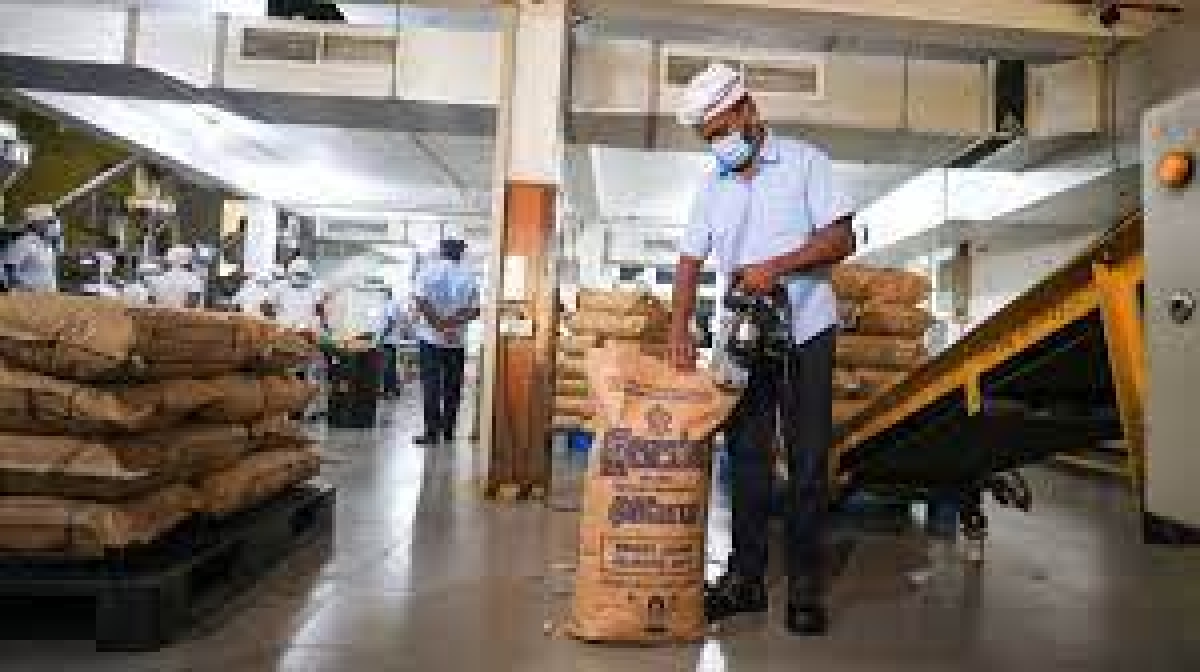In a decision that has raised eyebrows and sparked concerns among health experts, the Sri Lankan cabinet has approved a significant increase in the permissible limit of aflatoxin for internationally recognized food supplements and children's supplements such as Triposha.
The new limits, set by the Sri Lankan government, are as follows:
- 5 parts per billion (ppb) for type B1 aflatoxin (considered the most toxic).
- 10 ppb for total aflatoxin.
Comparatively, the European Union (EU) imposes a stringent limit of 0.1 ppb for B1 aflatoxins in processed cereal-based foods and baby foods. The Sri Lankan limits are a staggering 50 times higher than the EU standard.
Aflatoxin B1 is a potent carcinogen, and its strict regulatory limits are in place globally due to its high toxicity, especially concerning products intended for children. The decision by the Sri Lankan cabinet to significantly raise these limits has raised concerns about the potential health risks for consumers, particularly children.
Aflatoxins are naturally occurring toxins produced by certain molds that grow in food crops, particularly in warmer climates. Exposure to aflatoxins, even in small amounts, has been linked to an increased risk of liver cancer and other health issues. The decision to raise the permissible limits of these toxins in food supplements, especially those targeted at children, is alarming given the potential health consequences associated with aflatoxin exposure.
Health advocates and experts are calling for a reevaluation of this decision, emphasizing the need to prioritize the safety of consumers, particularly vulnerable groups such as children. The EU standard, which is significantly lower than the new limits set by Sri Lanka, reflects a commitment to ensuring food safety and protecting public health.










